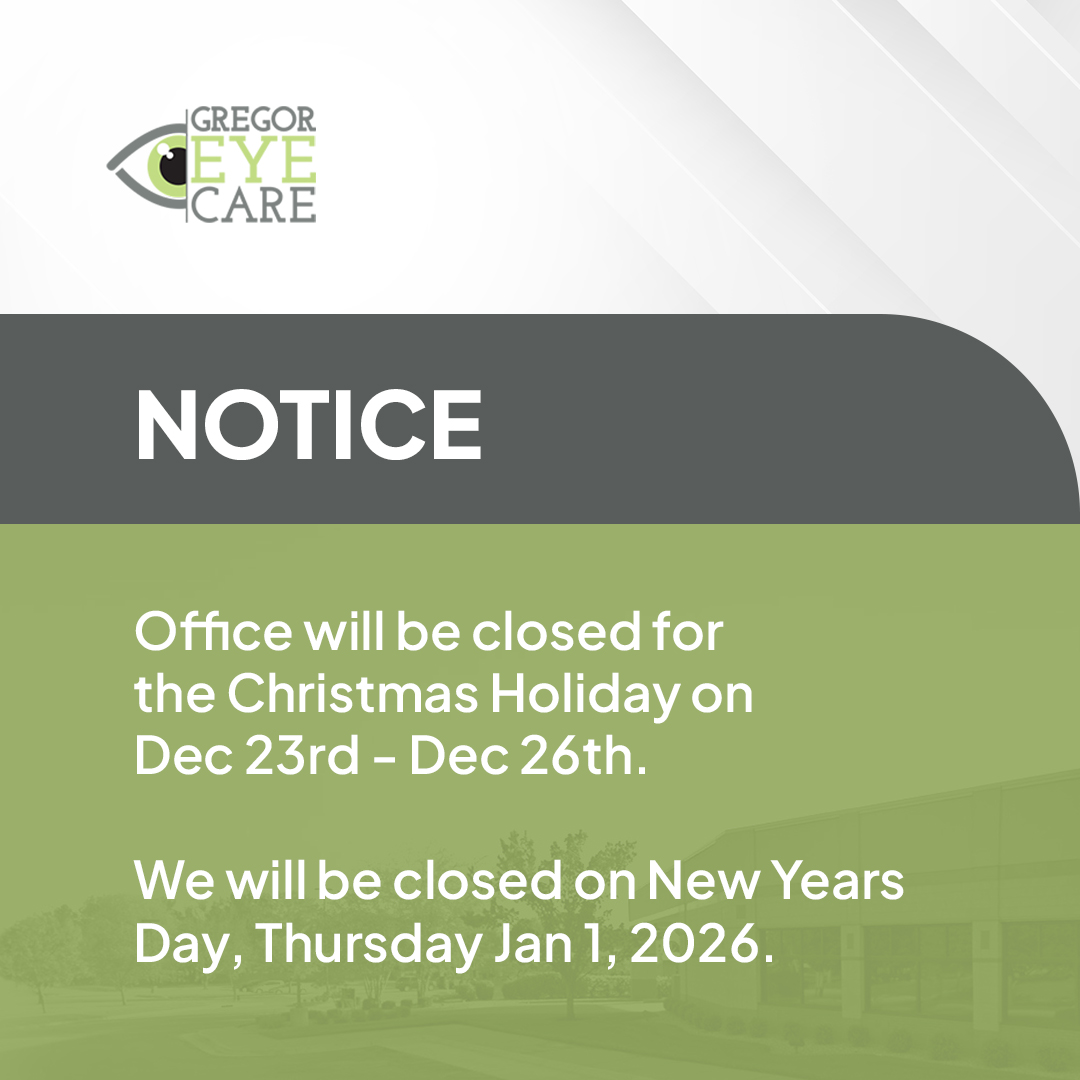
Cataracts are a common eye condition that can significantly affect a person's quality of life. As we age, the natural lenses in our eyes can become clouded, leading to decreased vision and, in severe cases, blindness. The good news is that cataract surgery is a safe and effective treatment option.
The Need for Cataract Surgery
Cataract surgery is recommended when the clouding of your eye's lens starts to affect your daily life. This can include difficulties reading, driving, or recognizing faces. It's worth noting that cataract surgery is an elective procedure. This means you get to decide when you want to have it done. Most people opt for surgery when their cataracts start to interfere with their quality of life.
Cataract surgery is one of the most common surgeries worldwide and is generally considered safe. However, like any surgical procedure, it does come with risks. These can include infection, swelling, bleeding, and retinal detachment. Your eye doctor will discuss these risks with you and help you weigh them against the potential benefits of improved vision.
Different Types of Cataract Surgery
There are two main types of cataract surgery: phacoemulsification (often referred to as "phaco") and extracapsular cataract extraction (ECCE).
Phacoemulsification is the most commonly performed type of cataract surgery. In this procedure, a small incision is made in the cornea, and a tiny probe is inserted. This probe emits ultrasound waves that break up the cloudy lens into tiny fragments. These fragments are then vacuumed out of the eye.
Extracapsular cataract extraction is a slightly more invasive procedure, where a larger incision is made in the cornea to remove the cloudy lens in one piece. This type of surgery is generally reserved for very advanced cataracts where the lens is too dense to be broken up and removed by phacoemulsification.
Both types of cataract surgery involve replacing the cloudy lens with an artificial one, known as an intraocular lens (IOL). There are several different types of IOLs available, including monofocal, multifocal, and accommodative lenses. Your eye doctor will discuss these options with you and help you decide which is best for you.
The Post-Operative Recovery Process
Recovering from cataract surgery usually takes a few weeks. Immediately after the surgery, your eye may be covered with a protective shield. You might feel a slight discomfort or itching, and your vision may be blurry at first. This is normal.
During the recovery period, it's important to avoid strenuous activities and heavy lifting. You should also avoid getting water, soap, or shampoo in your eye. Your eye doctor will provide you with specific instructions on how to care for your eye and will prescribe eye drops to prevent infection and control inflammation.
Most people start to see improvements in their vision within a few days of the surgery. However, it may take several weeks for your vision to stabilize completely. It's also worth mentioning that you may need new glasses after the surgery, as your old ones may no longer be the correct prescription.
Begin Your Journey to Clearer Vision through Cataract Surgery Today
Cataract surgery is a safe and effective treatment for cataracts, with several different options available depending on the specifics of your condition. The procedure is relatively quick, and the recovery process is typically straightforward.
If cataracts are impacting your quality of life, consult with our doctor about the possibility of cataract surgery at Gregor Eye Care in our Overland Park, Kansas office. Call or text (913) 685-0212 to book an appointment today.









